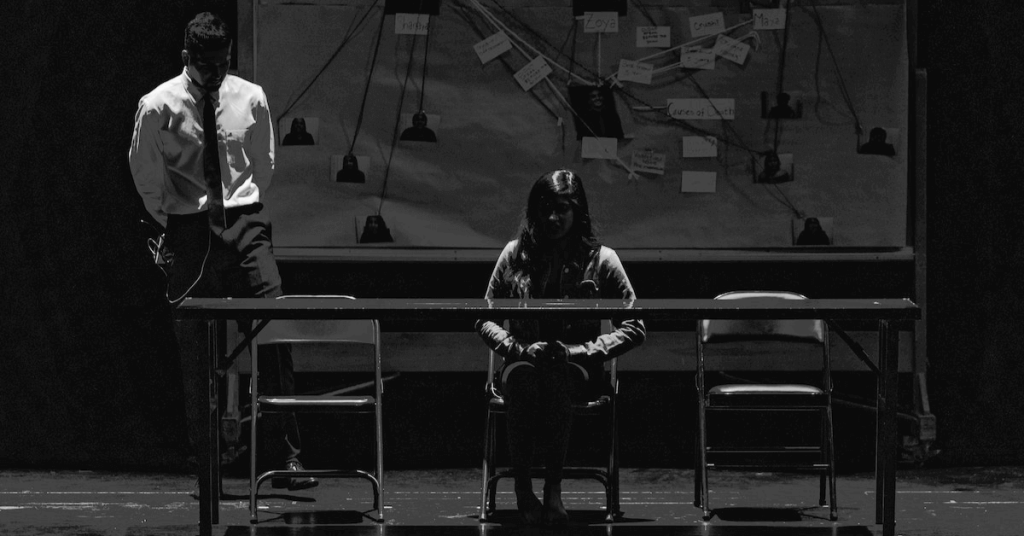The fate of a case can be significantly affected if a domestic violence victim fails to appear in court in NSW. In the case of insufficient evidence, the prosecution may decide to withdraw the charges if they believe they cannot proceed with the case.
Nonetheless, the prosecution may decide to pursue the case if there is substantial corroborating evidence for assault, such as medical reports or CCTV footage. Courts can issue arrest warrants for victims who fail to appear when subpoenaed, depending on the reason for their absence.
Most courts strive to treat victims with understanding and respect, recognising that they may face challenges during the court process. Case-by-case, the outcome varies.
Table of Contents
ToggleImplications of Victim’s Absence in Court
The prosecution relies heavily on evidence to prove an accused’s guilt beyond a reasonable doubt in a criminal case.
Often, the victims are at the centre of this process, especially in cases like assault or domestic violence. Getting a conviction can be made easier with their testimony.
Implication 1: Potential Impact on the Trial
If the victim does not appear in court, the most immediate implication is that the trial may be delayed. The prosecution might not be able to proceed if a victim fails to appear, which could lead to the charges being withdrawn.
A judge may decide to delay the trial if the victim fails to appear in court and cannot provide a valid excuse. Consider, however, the case where the victim remains absent or if they cannot be found. It may be necessary for the judge to dismiss the charges altogether, especially if the victim’s testimony is critical to a fair and balanced trial.
Often, the decision depends on the severity of the crime, the strength of the remaining evidence, and the perceived public interest in prosecuting.
Implication 2: Proceeding Without the Victim
If sufficient evidence supports the prosecution’s case, the trial could still proceed without the victim. Physical evidence, such as DNA or fingerprints or eyewitness testimony, can be used as evidence. For a conviction, this remaining evidence will likely play a significant role in the trial.
It may be in the public’s interest to pursue the charge even in the absence of victim testimony. Serious crimes such as murder or crimes affecting public safety may fall within this category.
Also, if a victim doesn’t show up to court, it might not necessarily benefit the accused. The court could perceive this as an indication that the victim might have been coerced or manipulated into not appearing, particularly in cases of domestic violence or sexual abuse.
Implication 3: Possible Legal Consequences for the Victim
The third critical implication relates to potential legal consequences for the victim. According to Evidence Act 1995 No 25 169, Failure or refusal to comply with requests, the court may issue an arrest warrant for the victim if they fail to appear after being subpoenaed.
AVO lawyers, often play a pivotal role in such cases. Because subpoenas are direct orders from the court, non-compliance with them is considered a serious matter by the courts. Because subpoenas are direct orders from the court, non-compliance with them is considered a serious matter by the courts. The court may choose not to issue a warrant if it believes the victim’s absence is justified.
Conclusion: A Case-by-Case Basis
Question: What happens if the victim doesn’t turn up to court?
Answer: If a victim does not turn up to court, it can have significant implications for the outcome of the case. The prosecution may lack the evidence necessary to proceed with the case and may choose to withdraw the charges if they believe the remaining evidence is insufficient.
However, the prosecution could decide to continue with the case if there is substantial corroborative evidence such as medical reports, CCTV footage, or testimonies from other witnesses.
If the victim was subpoenaed and failed to appear, the court could issue a warrant for their arrest, but this depends on the reasons behind the victim’s absence.
Courts typically aim to treat victims with understanding and respect, recognising the challenges they might face during the court process. The exact outcome varies on a case-by-case basis.
Trying to Protect Yourself As A Witness?
At Justice Family Lawyers, we understand the complexity of attending court as a witness. We are committed to providing our clients with the highest quality legal advice and representation.





